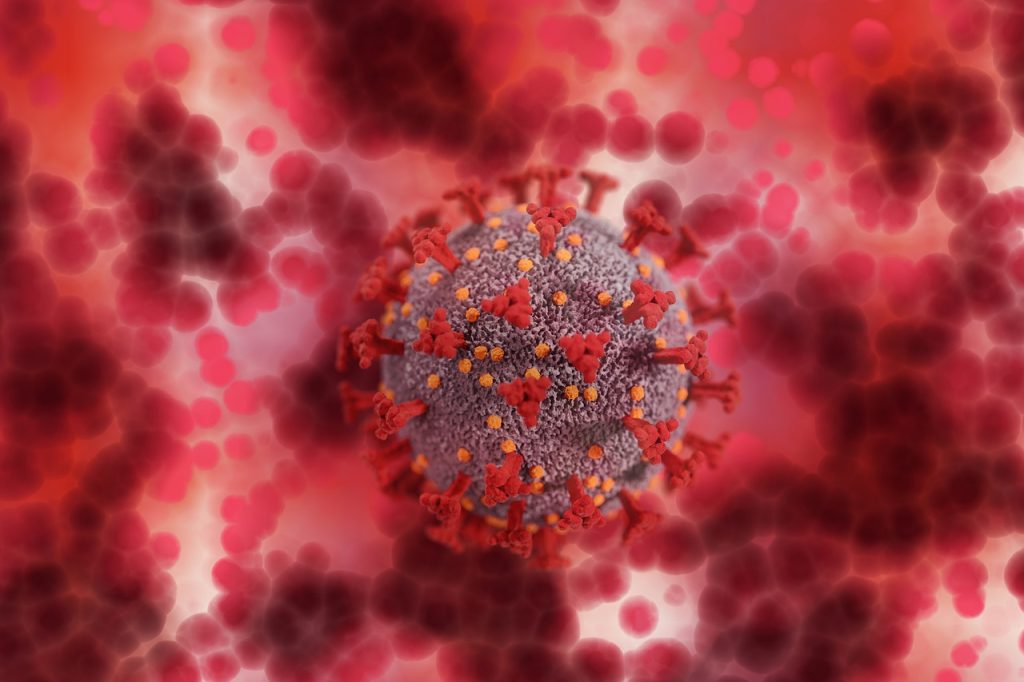
Findings from a prospective seroprevalence study in Spain reveal falling SARS-CoV-2 antibody levels in unvaccinated but infected individuals a year after their infection. This reinforces the necessity of vaccination even after infection, and confirms that hybrid immunity – gained from both infection and vaccination – is the most robust. The study findings appears in BMC Medicine.
Both infection and vaccination against SARS-CoV-2 contribute to population immunity, an important factor for deciding when and to whom booster shots should be offered. Although immunity against a pathogen is more than antibodies, the easiest strategy for assessing population immunity is to perform seroepidemiological studies.
“Most of the serological studies performed after COVID vaccination focused on specific groups such as healthcare workers, did not distinguish between people with or without previous infection, or did not have clinical and immunological data of the infection,” explained senior co-author Manolis Kogevinas, ISGlobal researcher.
In this study, the research team performed a second measurement in a population-based cohort from Catalonia six months after the start of the vaccination campaign (the first one was just after the first confinement), to monitor the level and type of antibodies against five viral antigens (the whole Spike (S) protein, the RBD receptor binding domain, the S2 fragment, the full nucleocaspid (N) protein, or the N-terminal fragment). They also used information from a questionnaire and health records to identify potential factors that determine the magnitude and duration of the antibody response in unvaccinated, vaccinated, or vaccinated and infected persons. A total of 1076 people, aged 43 to 72 years, were included in the analysis.
The results yielded three main conclusions: First, that in 36% of infected but unvaccinated persons, antibodies were no longer detectable almost a year after the infection, particularly in those older than 60 years and smokers.
The second conclusion was that vaccination induced significantly higher antibody levels in people who had a prior infection, as compared to those without prior infection; and that these levels were strongly associated with the magnitude of the response during the infection. “Our data underscore the importance of vaccinating people even if they have been previously infected, and confirm that hybrid immunity is superior and more durable. This means that people who have been vaccinated but have not been infected would need a booster earlier than those who have,” pointed out Marianna Karachaliou, first author of the study together with Gemma Moncunill.
The third was that the factor most strongly associated with the level of antibodies is the type of vaccine, with Moderna’s Spikevax generating the highest levels of antibodies. Other factors also appear to play a role: people older than 60 or with mental illness had lower antibody levels post-vaccination. “The association between mental health and antibody responses requires further investigation, but it is known that people with disorders such as depression, chronic stress or schizophrenia have a lower response to vaccination in general,” explained co-author Carlota Dobaño.
Among those vaccinated, only 2.1% had no antibodies at the time of testing and approximately 1% had a breakthrough infection. “However, it should be noted that this study was done before the Omicron variant became dominant,” warned Kogevinas.

